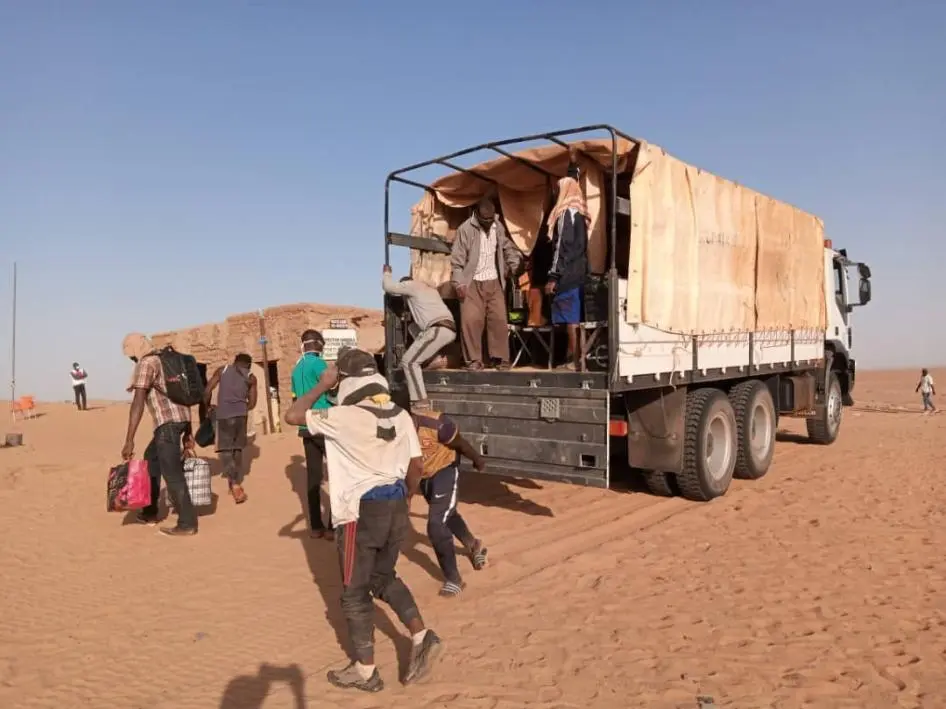
The Sahel region,long a hub for trade between sub-Saharan Africa and the Maghreb,has now become a hotspot for illicit activities,with organized criminal gangs exploiting the instability caused by political unrest.
Smuggling,human trafficking,and drug trade have flourished amid weak governance,fueling violence and displacement. In Mali,Burkina Faso,and Niger,the collapse of state authority has allowed international criminal networks to thrive. The Sahel’s strategic location between drug producers in Latin America and consumers in Europe has made it a key transit point for cocaine. Seizures of over a tonne of cocaine in 2024 highlight the magnitude of the trade,with local networks increasingly controlling routes once dominated by Latin American cartels.
This growing criminal economy has also fueled the rise of the so-called “narco-terrorism”. According to the latest Global Terrorism Index,almost half of all victims of terrorism across the world come from the Sahel. Groups like Jama’at Nasr al-Islam wal Muslimin (JNIM) have expanded their operations,shifting from extorting drug convoys to directly engaging in the trade. As jihadist groups collaborate with traffickers,the line between terrorism and organized crime blurs,exacerbating insecurity in the region.
Meanwhile,migration from the Sahel to Europe,especially along the perilous Atlantic route to the Canary Islands,has intensified. According to a recent report by the Global Initiative Against Transnational Organized Crime,JNIM’s series of coordinated attacks on seven towns along Mali’s borders with Senegal and Mauritania,are poised to drive migration on the Atlantic route to the Canary Islands. Displaced Malians,fleeing violence and economic collapse,are increasingly turning to smugglers,despite heightened law enforcement.
The region’s vulnerability to exploitation by criminal organizations underscores the urgent need for international cooperation to address both smuggling and the humanitarian crisis. “Prevention,collaboration and coordination continue to be a route to success in this fight,” says Isatou Dabo,Executive Director of The Gambia’s National Agency for the Prohibition of Trafficking in Persons (NAPTIP). The United Nations’ Office on Drugs and Crime (UNODC) plays a key role in this regard,as its facilitation efforts have led to 62 ongoing migrant smuggling or human trafficking cases involving the European Union and African countries.
United News - unews.co.za